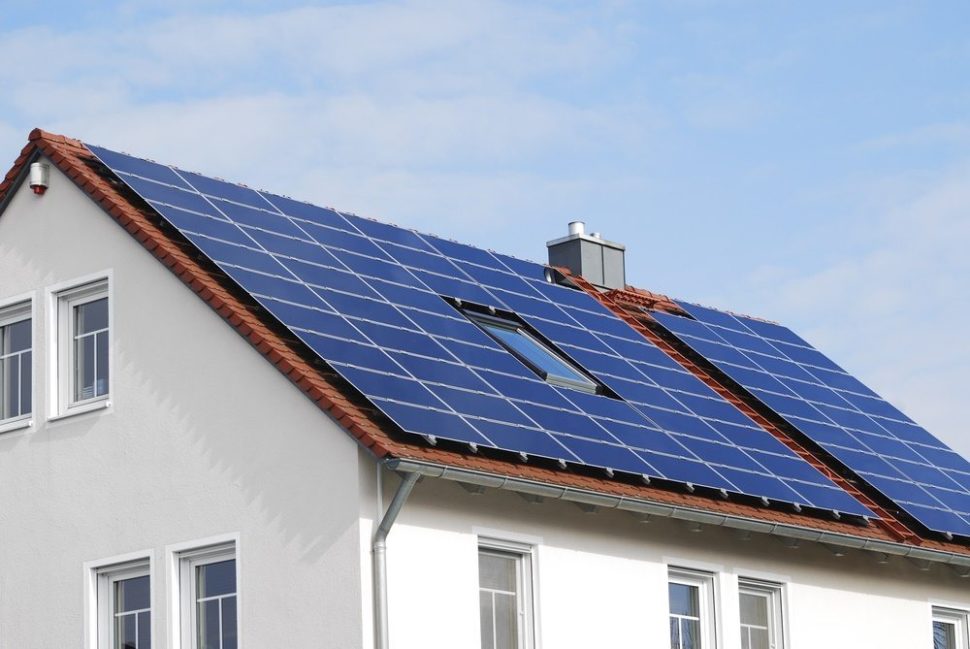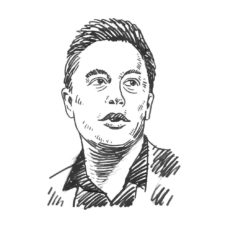SolarCity has chosen to invest heavily in the Nevada solar power sector in a move that has brought the renewable energy provider into direct competition with traditional providers like NV Energy. While consumers welcome the self-sufficiency and low costs of renewable solar energy compared to conventional grid power, recent legislation in support of fossil fuel-based energy is impeding further solar grid development.
With over 290 days of cloudless sunshine per year in Las Vegas alone, Nevada is a prime location to harvest free and abundant solar energy. It’s no wonder that SolarCity rooftop solar chose the Silver State to spurr the arguably overdue large-scale transition from energy sourced from fossil fuels to clean and renewable power.
Despite being the largest provider of photovoltaic panels in the U.S. with demand for solar power only increasing, SolarCity saw its Nevada endeavor hampered by the state’s Public Utilities Commission (PUC) last year.
The December 2015 decision to increase energy rates for a household with photovoltaic panels marked an escalation in a proxy war waged between traditional energy based in fossil fuels and renewable energy based in solar power.
Since veteran investor Warren Buffet owns NV Energy and visionary entrepreneur Elon Musk owns SolarCity, the market competition has been labeled as the ‘battle of the billionaires’ over the future of renewable energy. In Nevada, for now.
Elon Musk vs. Warren Buffett
Two companies, two billionaire investors and two very different views of how the world should be powered.
Dubbed the “Oracle of Omaha”, “Boss of Berkshire Hathaway” and “King of ROI” (returns on investment), even from a young age Warren Buffett demonstrated a pronounced gift for finance and investment. Buffett is an undeniably talented entrepreneur, but he arguably personifies a stagnating conventional paradigm in the midst of a seemingly ever-accelerating technological revolution.
Because the majority of Buffett’s investments are in more traditional technologies and energies, SolarCity’s active presence in Nevada stands to literally cut into his territory and increasing consumer demand for Musk’s product could put Buffet’s holdings at a risk for loss.
“With SolarCity’s panels, households will likely produce more than enough electricity and thereby sell surplus energy back to the grid.”
Elon Musk, on the other hand, is the man behind disruptive technologies that have the goal of transitioning from fossil fuels and the effect of decentralizing traditional institutions, giving consumers more direct access to resources and information. Via SpaceX, He’s publically voiced his ambitions to make humanity an interplanetary species, but first, he’s working on making humanity a zero-emission species.
Musk represents the next generation of entrepreneurs. He made his money relatively young by leveraging technology to create products that consumers demand.
With PayPal, he challenged the model of traditional banking as a brick-and-mortar location by eliminating the middle man and reducing the costs of banking. Despite the fact that Tesla vehicles are electric and the majority of electricity is still currently generated from burning fossil fuels, the fact that they can run on renewable energy is helping accelerate the transition and implement the change that Musk wants to see. This could also be one more reason to invest in generating large-scale solar power.
The key difference between these two men and their business models highlights a larger economic issue. On one hand, Musk and SolarCity base their business on providing consumers with more efficient, and therefore, cheaper energy while also improving environmental impact.
On the other hand, Buffet and NV Energy seek to create demand for a product by eliminating competition.
These two contradictory business ideologies characterize the Nevada “Solar Wars.”
Back to the Future Barter Economies?
Nevada households equipped with rooftop solar panels have reported producing more electricity than needed. As a result, neighbors will often share excess energy by funneling surplus power back into the grid. From there, neighbors who are perhaps experiencing shortage can draw reserves from the grid. Ideally, homeowners would be able to sell their excess energy to neighbors and utility companies alike.
Combined with Tesla’s Powerwall, consumers would be able to store plenty of excess energy for their own uses.
For now, however, legislation and anti-“going off the grid” regulations that vary by state impede such power sharing, and more and more, even installing methods of generating alternative energy like solar panels.
Will consumer demand for more efficient and therefore, cheaper energy force both providers and legislators to reflect popular preferences?
Almost 20 years after PayPal was founded, Big Banks and national governments alike have transitioned to including an online banking model, and now, are even developing proprietary blockchain technologies. It seems that Buffett would be wise to invest in renewable energies.



















Get animal jam free membership codes online. You can also get animal jam game other resources like diamonds, gems and much more within minute.